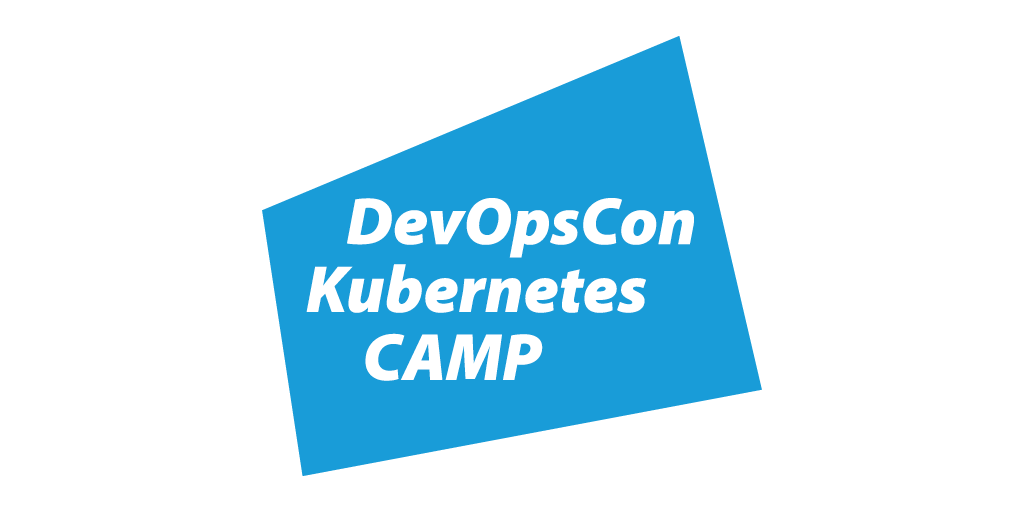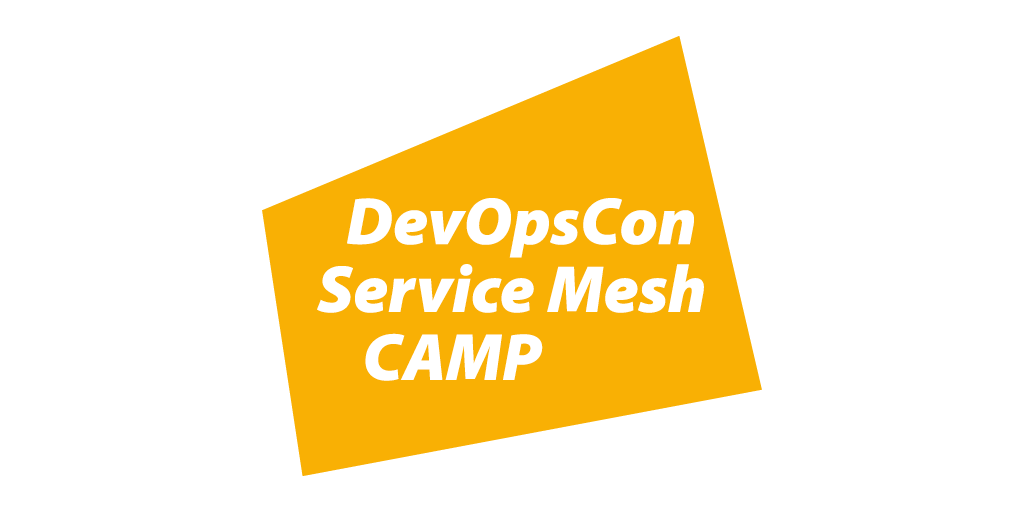- Program
- Program
- Program
- Program
- Program
- Call For Papers
- Program
- Program
- Tickets
- Tickets
- Tickets
- Bootcamps
- Tickets
- Tickets
- Tickets
- Tickets
- Program
- Formate
- Inhouse
- Blog
- Info
- DevOpsCon
- Downloads
- Sponsors & Expo
- Sponsors & Expo
- Info
- Camps
- Editions
- Jetzt anmelden
- Register Now
- Register Now
- Register now
- Register Now
- Register now
- Register now
- Register Now
Master Platform Engineering –
From Design to Value
Platform Engineering and Internal Developer Platform
May 14 – 15, 2026 | London
EARLY BIRD ENDS IN:
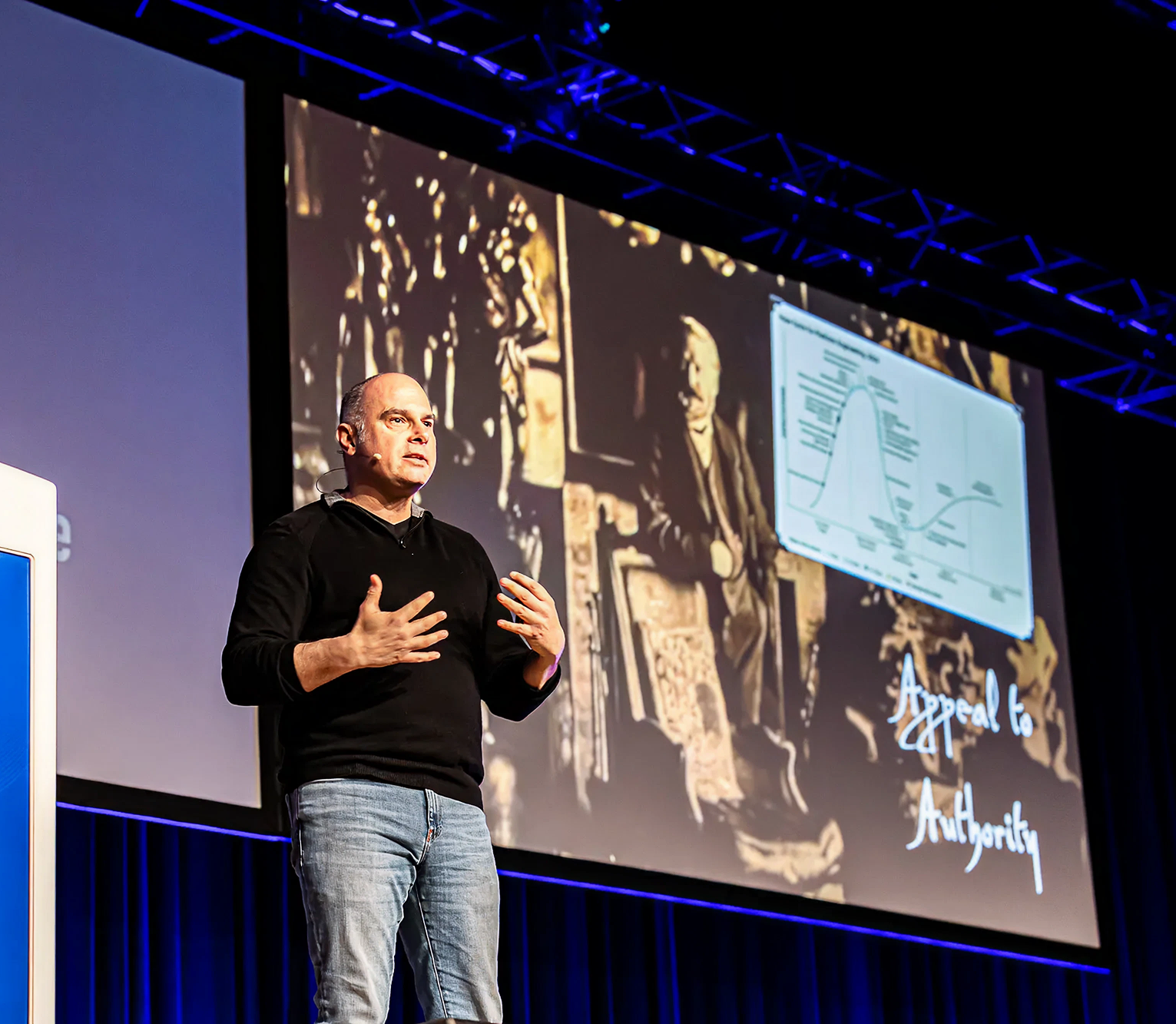
Understand modern platform ecosystems andbuild real-world mapping artefacts
Diagnose delivery frictionand design developer-centric platform improvements
Master platform-as-product thinkingand create value-aligned platform roadmaps
Kubernetes Training für Fortgeschrittene
Dieses Devops Training geht über die Grundlagen hinaus: Es vertieft Ihr Wissen und Verständnis komplexe Container-Orchestrierungsprobleme zu lösen und moderne Cloud-Anwendungen erfolgreich zu betreiben.
Im K8s-Camp wird Kubernetes als Programmierschnittstelle und als Rechenzentrum betrachtet. Sie schauen sich fortgeschrittene Anwendungsfälle an und lernen alles zu Optimierung und Automatisierung.
14. – 16. Oktober 2024, München
Teamrabatt: Min. 3 Kolleg:innen anmelden und 100 € zusätzlich sparen!
worldwide
Participants
5 Reasons To Join The Bootcamp





Participated in the Past
Subscribe to our Newsletter!
Audience & Requirements
- Bring your real-world context: your teams, your tools, your blockers
- You should have access to, or knowledge of, your team’s software delivery process including CI/CD, service onboarding, and developer feedback loops
- A working understanding of cloud, containers, and modern delivery practices is helpful—but not essential
- Bring a laptop and access to a whiteboard or Miro-type board; you’ll build real artefacts live
- Most importantly: come prepared to listen, map, and experiment—not just consume slides
Bootcamp Overview
This bootcamp gives you a practical, end-to-end understanding of modern platform engineering and Internal Developer Platforms (IDPs). You will begin by exploring the fundamentals of platform ecosystems—user needs, value streams, feedback loops, and organisational constraints—and then progress to advanced topics such as platform pattern languages, DSRP systems thinking, flow optimisation, and designing safe, incremental change.
Through hands-on mapping sessions, you will build real artefacts such as Wardley Maps, OODA loops, 3-axis value-flow maps, and future-state capability designs. You will gain practical experience analysing your own organisation’s delivery landscape, identifying friction points, and shaping platform improvements that developers will actually adopt.
By the end of the bootcamp, you will have a clear understanding of how to design, evolve, and communicate a platform as a product. You will be able to articulate user needs, reduce cognitive load, shape feedback loops, and create a value-aligned roadmap that balances autonomy, governance, and reliability.
You will be well-prepared to contribute to—or lead—platform engineering initiatives in cloud-based or regulated enterprise environments, and to engage confidently in discussions about platform strategy, developer experience, and internal platform architecture.
Agenda Day 1
- Understand your platform ecosystem: map users, value chains, capabilities, and dependencies using tools like User Needs Mapping and Wardley Maps.
- Analyse flow and feedback loops, identify friction points, and build your first OODA Loop Canvas.
- Learn platform-as-product principles, map developer journeys, and understand practical developer experience.
- Explore IDP design patterns: Golden Paths, self-service, guardrails, abstractions, and observability.
- Understand organisational forces, Conway’s Law, team–architecture alignment, and common failure modes.
- Synthesis session: build User Needs Maps, flow heat maps, and identify a small, immediate experiment.
Agenda Day 2
- Apply DSRP systems thinking to refine your maps and reveal hidden dependencies.
- Build a 3-axis flow map combining user needs, value streams, and systems perspectives.
- Design your future platform state through small, high-impact capability increments and safe-to-fail experiments.
- Build an impact-based roadmap focusing on value, risk, sequencing, and communication.
- Develop adoption and influence strategies: behaviour change, internal messaging, and developer engagement.
- Explore platform futures—AI, automation loops, resilience patterns—and complete your final synthesis.
Testimonials

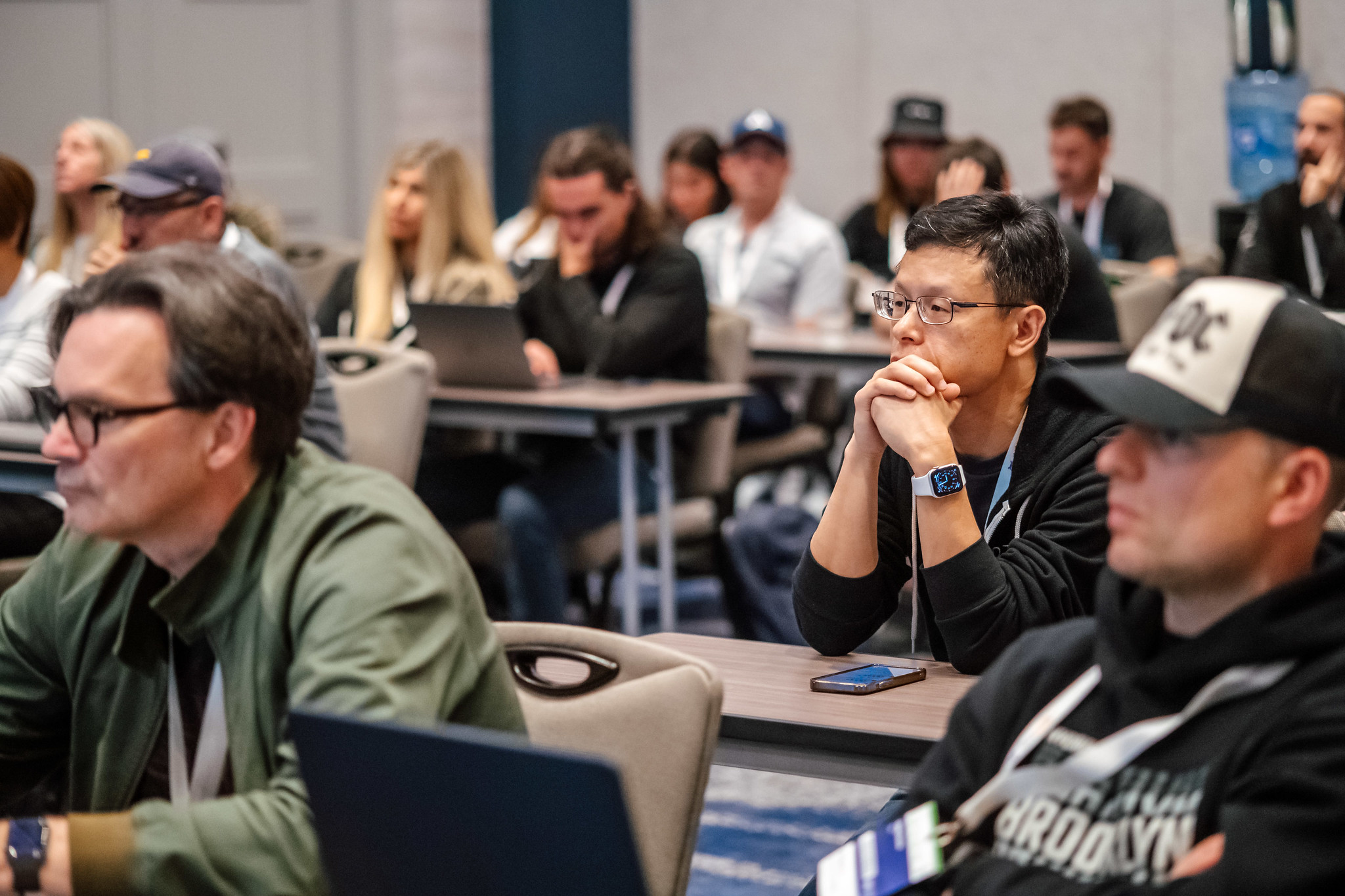
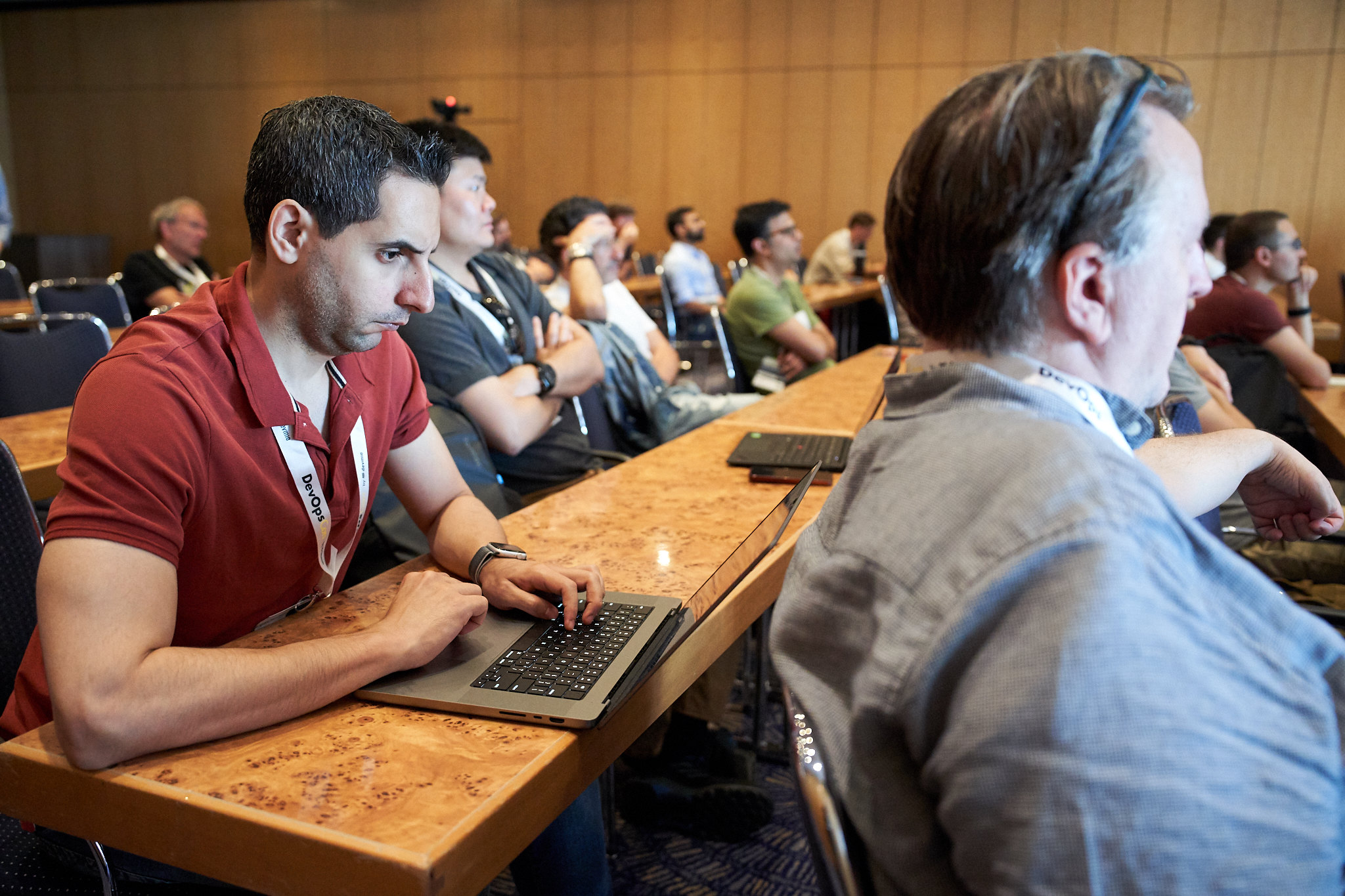
Day 1
- You will be provided with different options to get a cluster in order to participate in all Kubernetes practice labs
- Every participant will have the option to use a web based workshop cluster which is especially suitable for participants with enterprise managed notebooks
- A local cluster with minikube or Docker Desktop is a good way for revisiting the workshop labs later on
- We will also look into various tools that make working with Kubernetes easier
- Security is important, so no cluster can be accessed without authentication and authorization
- How that is implemented in Kubernetes lays a good foundation to handle multiple clusters in parallel
- Kubernetes uses container images to provide workload for the cluster
- You will build your own images using Docker and Dockerfiles
- We will use these images in the cluster later on to show various important operational aspects
- Images are distributed using container registries
- We will understand how Kubernetes is organized using namespaces
- Our first workload will be a simple pod to avoid unnecessary complexity
- Important elements of the architecture of Kubernetes like etcd, controller manager, scheduler, api server and kubelet will be visited in detail
- We will learn how to interact with network applications inside Kubernes
- … and how to access them from outside the cluster
- For diagnosis we will run interactive containers inside the cluster
- Now it is time to run our own applications which is a good opportunity to quickly revisit the basics
- We use the container image we built earlier and even scale it to multiple relicas which leads to the concept of replica sets
- Using healthcheck probes we will ensure that our customers will only reach healthy instances
- Kubernetes is API centric and with our freshly acquired understanding of the architecture and building blocks we are well prepared to dive into the Kubernetes API in more detail
- You will learn how to manage the configuration of your application using YAML manifests and how to work with them
Day 2
- Many APIs and web applications are based on the HTTP protocol. With the Kubernetes ingress concept you will manage the access efficiently
- With these elements we look into running more complex applications or microbased services
- Kubernetes provides various ways to handle configuration and secret data
- We will work with config maps, secrets and how they can be used for pods
- One concept with high abstraction level is the Kubernetes Deployment
- We will use it to manage multiple versions of our application and to roll out updates without any downtime
- We need to persist our state outside of a pod to preserve it in case of planned updates or even failures
- We will lean how persistent volumes and persistent volume claims work
- With storage classes we can provide different kinds of storage in a well defined manner
Trainer
Russell Miles
Russ is on a mission, as an Author, Listener, Speaker and Developer to help people thrive in one of the harshest, and potentially impactful, working environments: software system engineering. As an expert in Chaos Engineering, Resilience Engineering, Security and Software Architecture, Russ helps people navigate the complicated and complex to succeed through his books, mentorship, open source contributions, talks, courses and his daily work. Russ aims to help people that are responsible for building and running some of today’s most critical software-based systems to not just survive but thrive (with style)
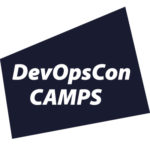
Take your Kubernetes Bootcamp experience to the next level by adding DevOpsCon to your schedule. This conference offers a unique opportunity to expand your knowledge and see how your Kubernetes skills integrate with broader DevOps strategies. By attending, you’ll gain valuable insights, network with industry leaders, and explore cutting-edge tools and methodologies that complement your intensive training. Enhance your learning journey and walk away with a comprehensive understanding that sets you apart in the DevOps field.
Enhance your DevOpsCon experience by adding an additional 2-day intensive Kubernetes Bootcamp* to your ticket—an unparalleled opportunity to deepen your expertise while immersed in learning. Gain practical Kubernetes skills that perfectly complement the insights and strategies shared at the conference. This hands-on camp will solidify your understanding and give you the confidence to implement Kubernetes solutions immediately. Maximize your conference experience by joining the camp and walk away with actionable knowledge that sets you apart.
Secure Your Spot
Diese Organisationen lernen bereits mit der entwickler.de Akademie

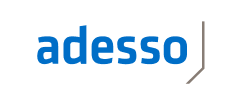
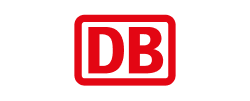
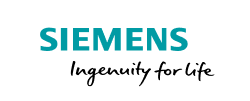

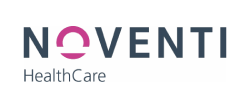
DevOps-Trainings im Überblick
Kontaktformular
Sie haben Fragen?
Rufen Sie uns an oder mailen Sie uns

Leiterin entwickler.de Akademie
Hier finden Sie alle Antworten zu den häufigsten Fragen, schauen Sie gern, ob Ihre dabei ist.
Stay ahead in DevOps, Kubernetes and CI/CD – without the doomscrolling.
Curated articles, deep dives, and live experts. Delivered, not hunted.
Stay ahead in DevOps, Kubernetes and CI/CD – without the doomscrolling.
Curated articles, deep dives, and live experts. Delivered, not hunted.
